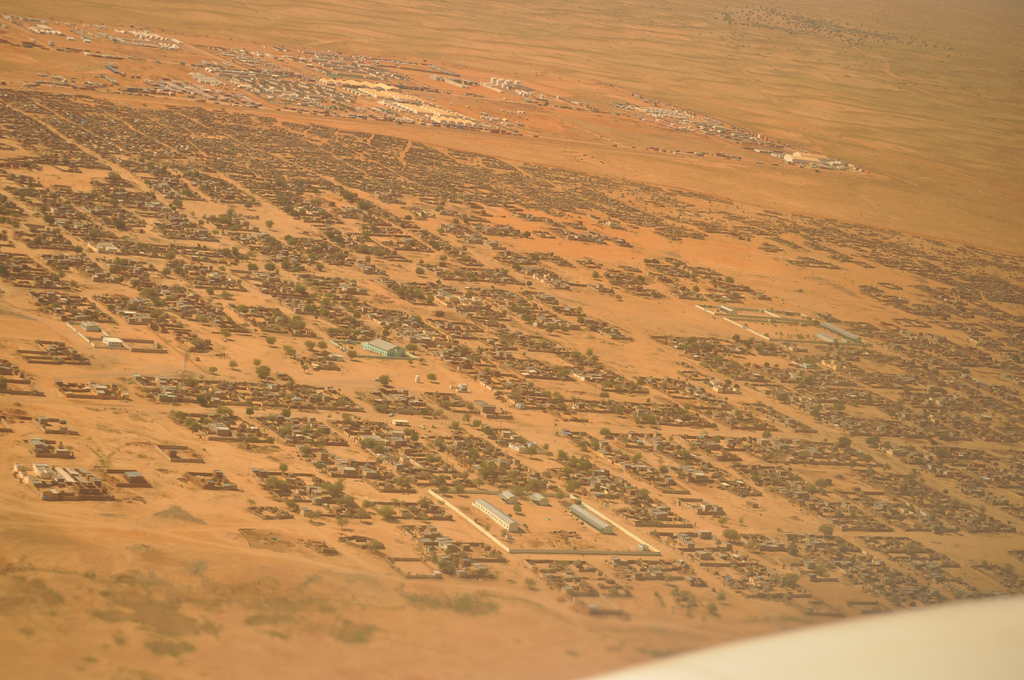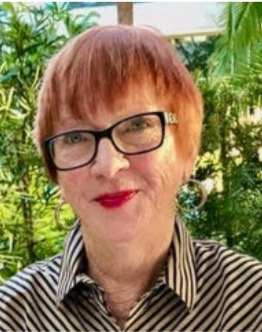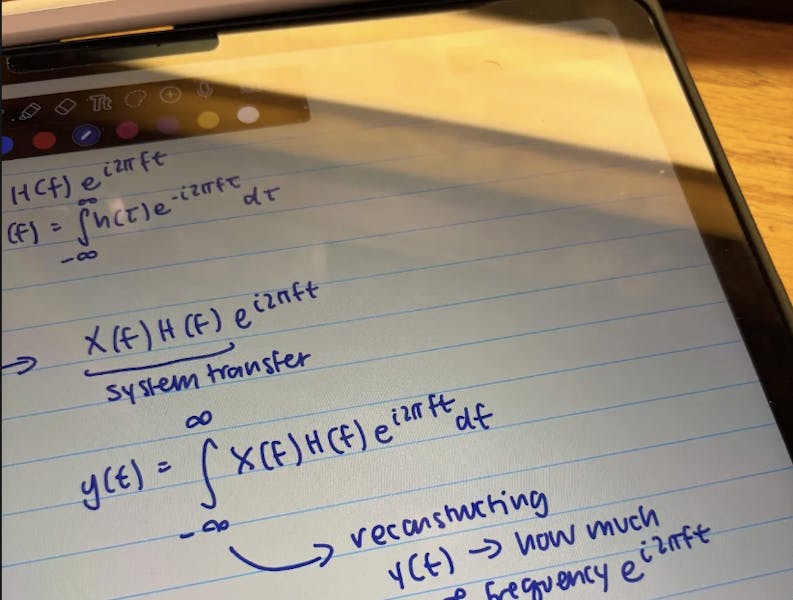Yale’s Humanitarian Research Lab has unveiled evidence indicating that the Rapid Support Forces (RSF) have initiated mass killings in El-Fasher, North Darfur, following their recent takeover of the city. Analysis of satellite and open-source data corroborates reports of violence across civilian neighborhoods, multiple hospitals, and along the borders of El-Fasher, where individuals have attempted to flee.
Nathaniel Raymond, the lab’s executive director, reported a tragic escalation in the death toll. “Individuals on the ground sent a message that reached us Monday morning that 1,200 were dead,” he stated. “By that evening, they said 10,000. By Tuesday, we couldn’t reach them anymore. We assume our ground contacts are dead.”
The lab began issuing warnings about the potential for violence in El-Fasher as early as July 2023. Over the past two and a half years, it has alerted the United Nations Security Council six times and has communicated urgent concerns to the U.S. National Security Council, National Intelligence Council, and State Department, producing more than 60 reports on the ongoing conflict in Sudan.
Evidence of Systematic Killings
In its first report released this week, the lab detailed the RSF’s house-to-house clearance operations in the Daraja Oula neighborhood. Satellite imagery revealed RSF vehicles, some armed, blocking streets, along with signs of human bodies and reddish earth discoloration near the vehicles. The report documented similar signs near the earthen walls surrounding the city, consistent with accounts of executions of individuals attempting to cross.
Raymond expressed deep concern over the scale of violence, stating, “I haven’t seen violence like this since Rwanda. The velocity and ferocity of the RSF killing civilians since Sunday is unlike anything I’ve seen in 26 years of doing this work.” In a follow-up report, the lab found evidence of systematic killings at a maternity hospital—the last operational hospital in the city—and at a former children’s hospital that has been repurposed as a detention center.
The report cited lines of dark-colored objects in the children’s hospital compound, consistent with deceased individuals. Furthermore, videos shared by RSF soldiers themselves depicted executions of civilians inside a hospital.
The Broader Context of Conflict
The ongoing war in Sudan, ignited in April 2023, has resulted in over 150,000 civilian deaths and displaced approximately 14 million people, as reported by the BBC. The primary conflict involves the RSF and the Sudanese Armed Forces (SAF) vying for control of the nation. The RSF, led by General Mohamed Hamdan Dagalo and financially supported by the United Arab Emirates, evolved from the Janjaweed militia implicated in the Darfur genocide in 2003.
Alden Young, an associate professor of history and global affairs, noted that various groups involved in the conflict are likely motivated by a desire to settle scores and pursue ethnic cleansing in northern Darfur. The city of El-Fasher was the final stronghold of the SAF in Darfur, enduring an 18-month siege before succumbing to the RSF.
The Humanitarian Research Lab has focused on documenting the conflict since it began, including the El-Geneina massacre in June 2023, where estimates suggest between 10,000 and 15,000 civilians, primarily from the Massalit tribe, were killed.
Kholood Khair, a peace fellow at the Jackson School of Global Affairs, observed, “We are absolutely seeing the same patterns of violence — the systemic, ethnic-based violence — today in El-Fasher as we saw two years ago against the Massalit community in West Darfur, and also 20 years ago in the Darfur genocide.”
Raymond criticized the global community for its inaction amidst escalating violence. He argued that nations such as the United States and the United Kingdom prioritize maintaining economic and security ties with the United Arab Emirates over the welfare of the Sudanese people.
He expressed hope that the U.S. government would send a strong message to the RSF and the UAE regarding ongoing human rights abuses. “The reason that we are where we are is that we just didn’t care enough,” Raymond stated. “The survival of these people, their lives, matter less than our economic and security relationships with the UAE, and that’s why these people are dying.”
Despite the increasing atrocities committed in Sudan, Raymond noted a lack of significant mobilization on campuses, including Yale’s. He urged students to engage with the same intensity that characterized the Save Darfur movement two decades ago, emphasizing the potential impact of collective action.
“I don’t think Yale students know how powerful they are. They’re very powerful, if they choose to be,” he concluded. The Humanitarian Research Lab is part of the Yale School of Public Health, and its findings aim to raise awareness and prompt action in the face of ongoing humanitarian crises.






